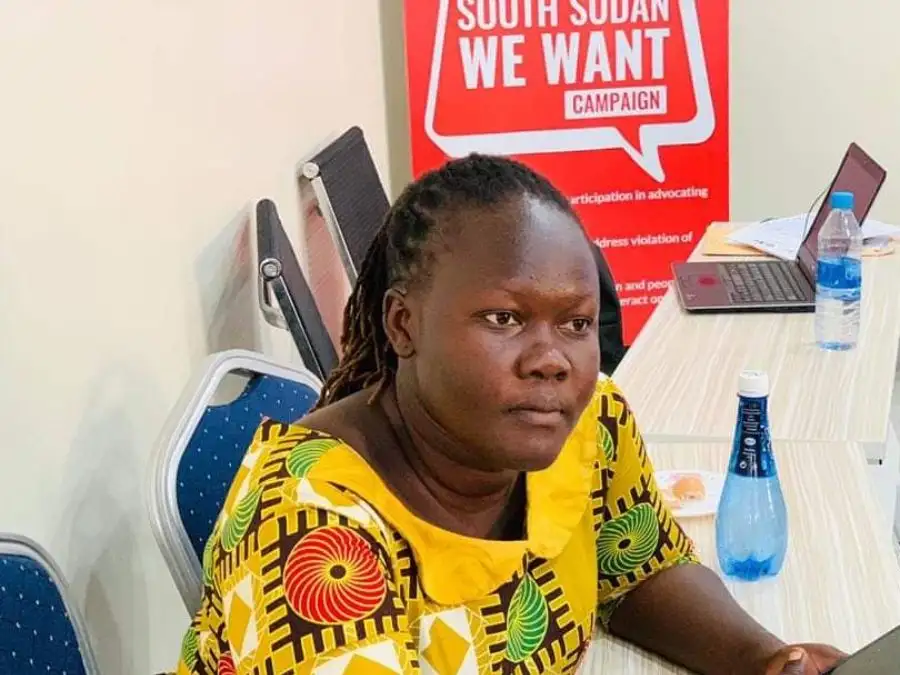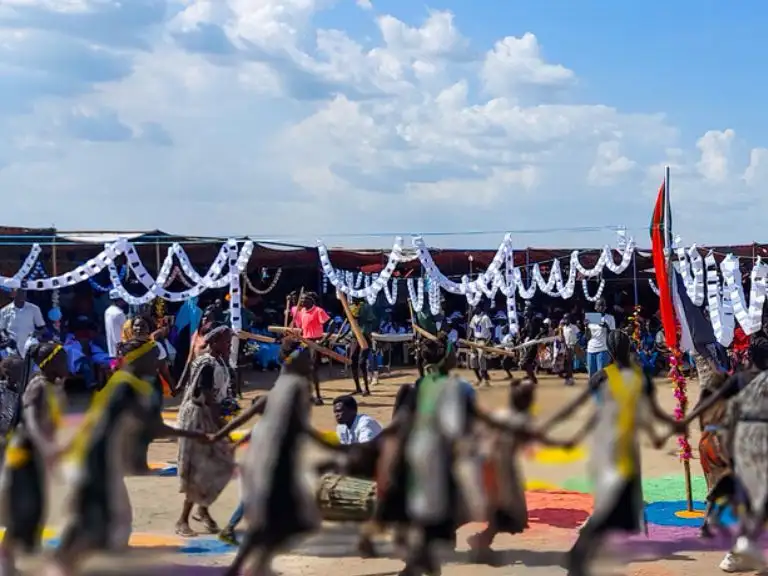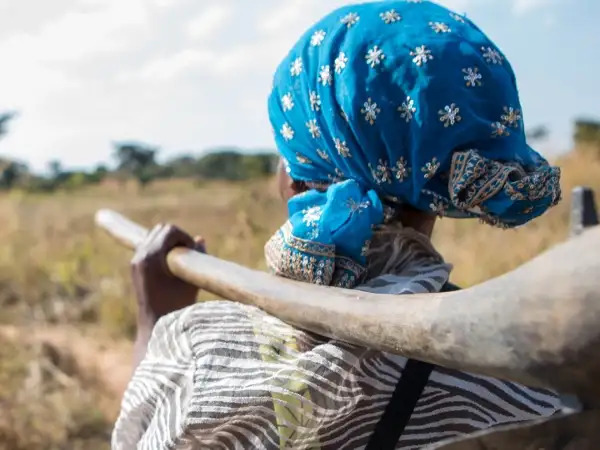

Anna Tazita Samuel, Executive Director of Women for Change
And there followed him a great multitude of the people and of women who were mourning and lamenting for him. But turning to them Jesus said, ‘Daughters of Jerusalem, do not weep for me, but weep for yourselves and for your children.
We adore you, O Christ, and we praise you,
because by your Holy Cross you have redeemed the world.
As Jesus draws closer to the place of execution, he encounters the women of Jerusalem weeping for him. There is a shared empathy here as Jesus recognises their difficulties and tells them not to weep for him, but for themselves and their children.
As we recall this exchange, we remember the many societies where women face huge challenges. Today, women represent the majority of the world’s poor. Globally, they are less likely than men to be involved in decision making, to own land or property, or to have access to education, technology and employment
In South Sudan, up to 65 per cent of women have experienced either sexual or physical violence in their lifetime – double the global average and among the highest levels in the world. CAFOD supports the work of Women for Change, an organisation dedicated to working on women’s and children’s rights in the areas of protection, education, health and livelihoods as well as peace building and advocacy.
We pray for the work of Women for Change and for a world where the distinctive contributions of women and girls are valued and all can live free from violence, fear and discrimination.
Prayer
Lord Jesus,
despite your own pain
you notice the suffering of others.
Give us hearts that grieve
for all that is wrong in our world
and embolden us to work for change.
Amen.

Sign up for weekly reflections
Every Friday we send a reflection based on the Sunday gospel with inspiring prayers, and ways to put your faith into action.



